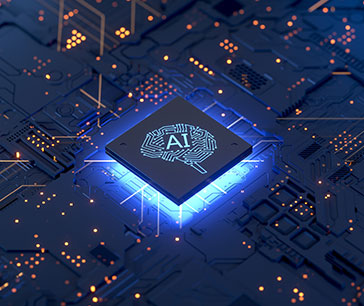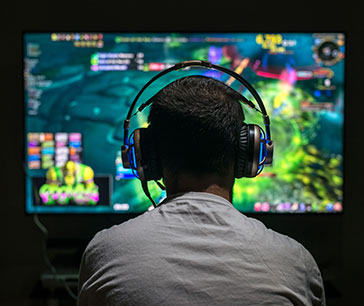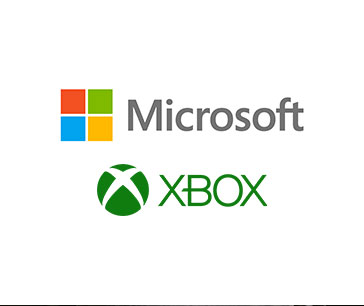Table Of Contents

Onkar Sumant

Koyel Ghosh
AI in Video Games: Are You Part of this Transformation?

Key Takeaways of the Blog
- Introduction to AI in Video games
- Future of AI in Video games
- Segmental overview
- Recent development
The gaming sector has undergone remarkable progress in the last few years. The swift evolution has been driven by technological innovations, dynamic trends, and an escalating demand from gamers for sophisticated and interactive experiences. AI possesses significant potential to enhance the performance of simulations in online games, elevate visual elements, and create a more natural and realistic feel within the games. AI demonstrates proficiency in forecasting future occurrences within complex systems and can be employed to develop innovative virtual gaming worlds and smart environments.
Historical Evolution of AI in Video Games
Video game developers have been trying to integrate Artificial Intelligence in video games since the late 1950s. In fact, the video games industry is one of the earliest sectors to successfully adopt Artificial Intelligence. Be it Space Invaders in 1978 or Pac-man in 1980, AI has been instrumental in development of modern video game. However, the AI used in these games was crude in nature; the real boost to the AI in video games industry was received with the sophistication of microprocessors. A major evolutionary step in the journey of AI in video games was the use of artificial intelligence in sports games such as Madden Football and Tony La Russa Basketball. With the release of Dune II in 1992, the modern version of AI was fully incorporated in video games.

Future of AI in Video Games
In the future of AI driven gaming, AI will continue to empower the development of video games, delivering greater interactivity, an infinite array of storylines and landscapes, advanced graphics and visuals, enhanced realism in Non-Playable Characters (NPCs), and personalized gaming experiences.
The expanding role of AI in the gaming industry is anticipated to drive numerous innovations in the future. These innovations could include the creation of increasingly realistic and dynamic Non-Playable Characters (NPCs) capable of evolving, learning, and adapting throughout the gaming experience. Furthermore, AI might contribute to the development of more sophisticated and challenging games, thereby extending their replay value. Additionally, it may present new avenues for optimizing video game mechanics.
Another fascinating way through which AI could revolutionize the gaming industry is its exceptional analytics capabilities, which could be advanced to deeply examine player behaviors. By utilizing statistical and machine learning techniques, these capabilities could enable predictions regarding the winning team within games.

The global AI in video games industry is expected to showcase a noteworthy CAGR of 26.8% by 2032. The segmentation analysis in the report states that by technology, the machine learning segment is expected to generate absolute revenue growth of $2,501.35 million throughout the forecast timeframe. Simultaneously, the natural language processing and computer vision segments are anticipated to collectively garner absolute revenue growth of $3,832.97 million during the forecast period.
The regional analysis in the report states that India would cite the fastest growth with a 35% CAGR by 2032. However, the rest of the Asia-Pacific region is expected to gain second position with 33.8% CAGR from 2023 to 2032.
Microsoft plans to introduce AI-driven Characters and Narrative Design into Xbox Games
Major players are coming up with new strategies to strengthen their foothold in the industry. For example, Microsoft has revealed a fresh collaboration with Inworld AI, the generative AI startup, aiming to design an innovative 'AI design copilot' system customized for Xbox game developers. Microsoft stated that through the multi-year partnership, console developers can harness the potential of generative AI. Inworld AI has indicated that its technology can furnish AI-generated characters with voices and animations. Furthermore, it provides safety controls to prevent these characters from being distracted from desired parameters or behaviors.

To conclude, the AI in video games industry is gaining momentum due to an increase in penetration of smartphones and the emergence of a high bandwidth network community. However, a robust demand for 3D games and integration of the 5G network will offer lucrative growth opportunities to the industry in the upcoming years.
To get a thorough understanding of the intricacies and nuances of the AI in video games industry, feel free to contact us. Also, we provide an in-depth analysis of the growth opportunities available for your business.

